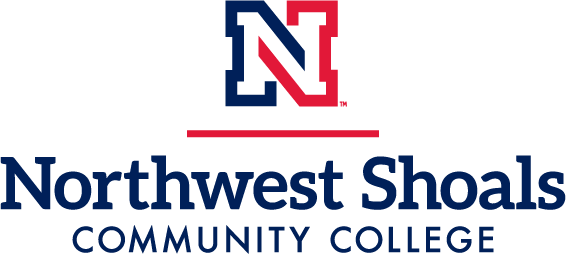AUT 114 : Introduction to Programmable Logic Controllers
This course provides an introduction to programmable logic controllers. Emphasis is placed on, but not limited to, the following: PLC hardware and software, numbering systems, installation, and programming. Upon completion, students must demonstrate their ability by developing, loading, debugging, and optimizing PLC programs.
